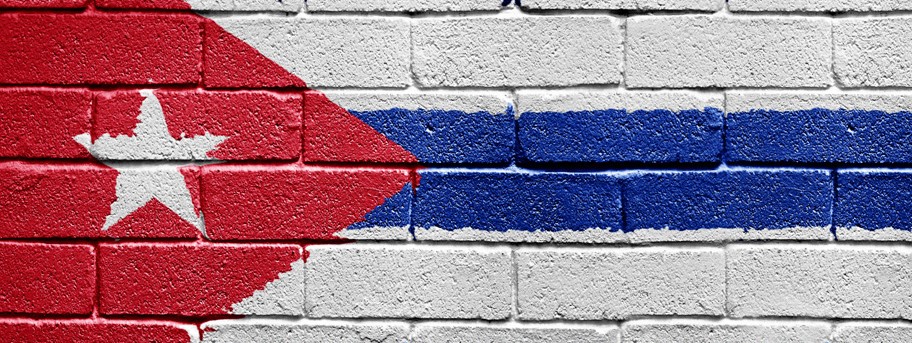The University of Nottingham
 Exchange online
Exchange online
Research Exchange
Cuba one of the world’s most literary countries

Cubans enjoy one of the richest and most deeply embedded literary cultures in the world and the West could take a leaf out of their book in how to survive economic hardship, according to researchers at the Universities of Nottingham and Manchester
A new book out this month by Nottingham’s Professor Antoni Kapcia and Manchester’s Dr Parvathi Kumaraswami is based on interviews with more than 100 Cuban writers and editors – and challenges the image of the Socialist country portrayed in the West.
‘Literary culture in Cuba: Revolution, nation-building and the book’ throws a literary spotlight on Cuba which according to the United Nations has one of the highest literacy rates in the world. And it concludes that the ‘book’, the act of reading, the process of creation and the dissemination of the written word – can be a profoundly liberating and surprisingly effective mechanism for social cohesion.
A literary puzzle
Professor Antoni Kapcia, of The University of Nottingham’s School of Cultures, Languages and Area Studies, said: “We started with a puzzle – that literature seemed to be curiously privileged in Cuba in some respects, beyond other cultural genres, but writers had, over the years and especially at certain dark moments, often seemed to be the individuals most targeted for criticism and even marginalisation by the authorities.
“What we discovered in fact was that literature in general, and the reading of literature in particular, has played a fundamental role in the whole process of revolution in Cuba since 1959 (and especially since the nationwide Literacy Campaign of 1961, which reduced illiteracy from around 23% to 3% in one year), and therefore also in the parallel process of post-colonial nation-building.
“We also found that the years after 1991 (when, with the collapse of the Soviet Union, the Cuban economy went into free-fall) turned out to be years of imaginative and very productive thinking about writing, publishing and reading, with the cultural authorities trying once again, as in the early 1960s, to use literature and the book as means of rebuilding society after the collapse.
Written word-power
Dr Parvathi Kumaraswami, from the University of Manchester’s School of Arts, Languages and Cultures, said: “In terms of its literary culture, Cuba is in another league from other developing world countries – and is probably stronger than most of the developed world as well. The Cuban authorities have valued this part of their culture ever since the revolution in 1959.
“Havana Book Fair, for example, is unique across the world: around 5 million books are bought at the festival which is attended by about 5 million people. It shows how literature and culture are deeply embedded into Cuban culture: within every neighbourhood there’s a writing workshop and a ‘Casa de Cultura’. I think the Cuban model is something we should be emulating in the West: It makes us question the effectiveness of David Cameron’s Big Society and shows that culture can bring people together in times of economic hardship.”
Dr Kumaraswami added: “Contrary to what you might expect in the west – there is also a strong tradition of openness within Cuban literary culture. Internationally best-selling authors such as Leonardo Padura Fuentes and Pedro Juan Gutiérrez see it as their revolutionary role to critique the authorities. Literature has a special place in the Cuban system, unlike the press which is much more guarded.”
Literary culture in Cuba: Revolution, nation-building and the book: ISBN-13: 978-0719083754
Leave a Reply
Other

Top prize for quantum physicist
A University of Nottingham physicist has won a prestigious medal from the Institute of Physics for […]

Zero carbon HOUSE designed and built by students comes home
Design and construct a low cost, zero carbon, family starter home, transport it to Spain, build […]